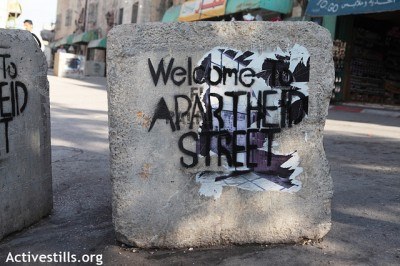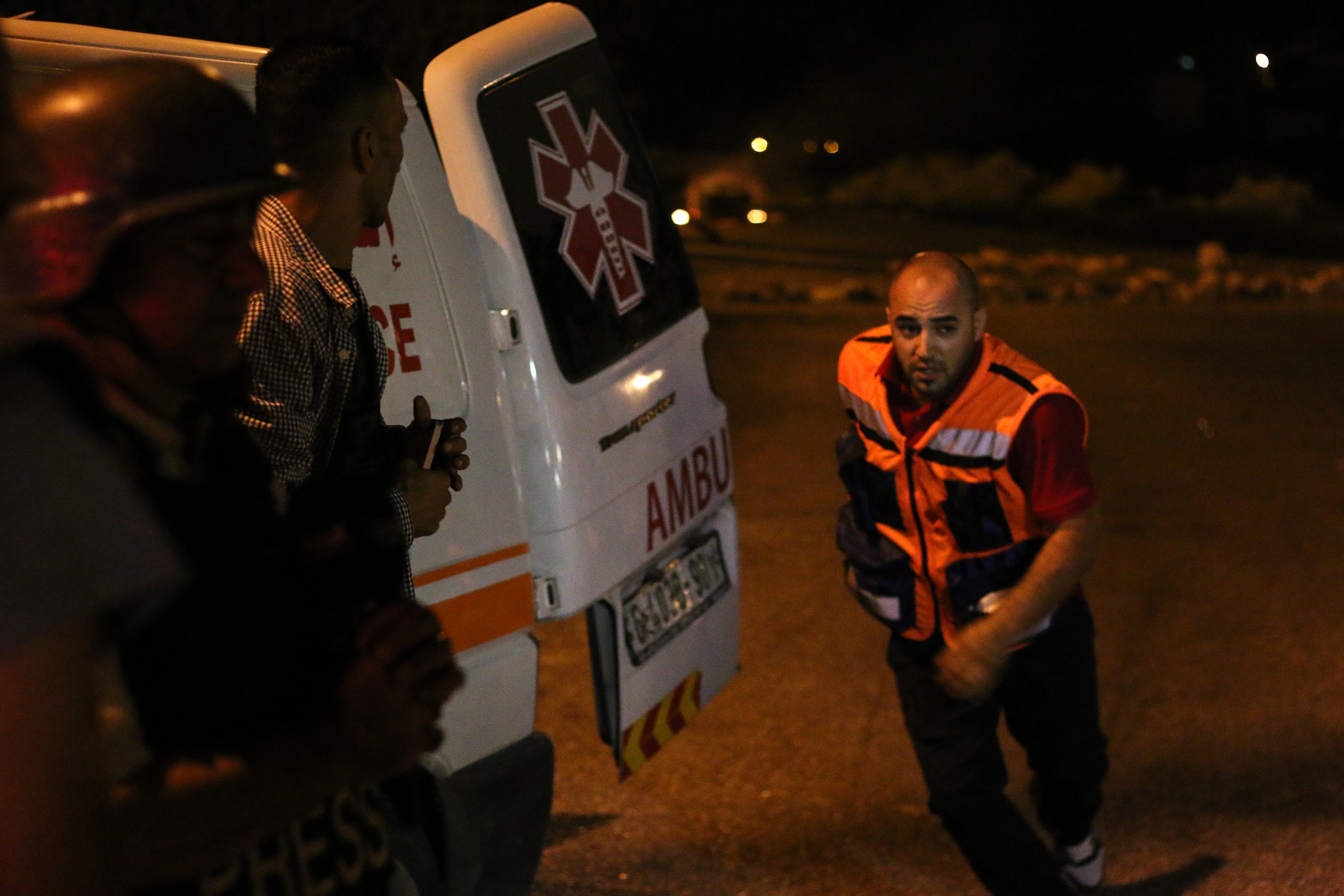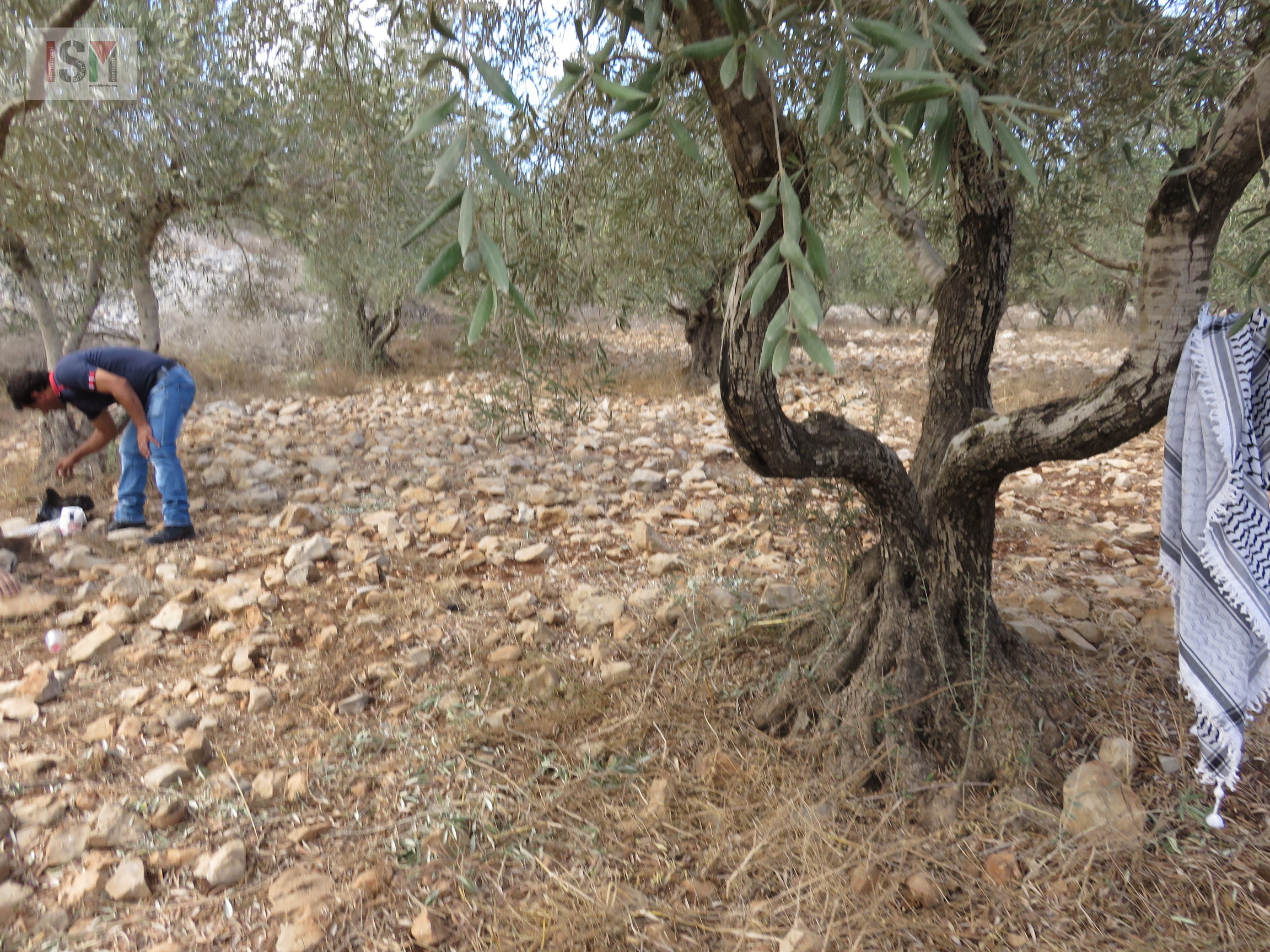Tag: Global Actions
-

ACT NOW ! Put an end to the ‘Closed Military Zone’ in Tel Rumeida and Shuhada Street, Hebron
11th January 2016 | Action Alert last updated 21st January 2016 *** Arabic version below *** The undersigned organisations are calling on the international community to take immediate action regarding the continuous closure of the Tel Rumeida neighborhood and the part of Shuhada Street that has remained accessible to Palestinian residents since the Ibrahimi…
-

First aid crews need your support to save lives!
9th November 2015 | International Solidarity Movement, Huwara Team | occupied Palestine On October 30th 2015, Israeli forces shot at one of Fadi’s ambulances which resulted in the windows of one of the ambulances being broken alongside other damages. As Israeli aggression towards Palestinians escalates during confrontations, medical aid such as that provided…
-

Help ISM continue our work!
Friends, the last month has been a morbid display of Israeli force in the Occupied Palestinian Territories. The number of killings, injuries, and arrests of Palestinians is rising so rapidly that it is becoming increasingly difficult to clarify one extrajudicial execution from another. Two of these murders of unarmed youth occurred directly in front of…
